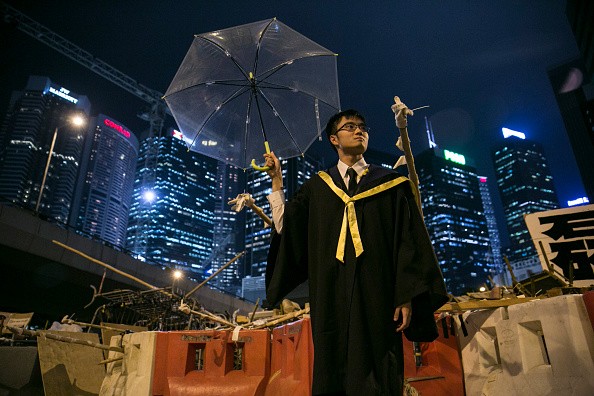On Sunday, March 12, China’s education minister admitted that university students in the country receive poor political education, attributed to outdated classes, according to an article by Reuters.
“When we go and investigate at colleges and universities, attention levels at thought and political theory classes are not high. People are there in body but not in spirit,” Education Minister Chen Baosheng said during the annual meeting of parliament.
“Why is this? The contents do not suit their needs. Perhaps mainly the formula is rather outdated, the tools are rather crude and the packaging is not that fashionable,” Chen said.
Chen added as he spoke on the sidelines that to ensure healthy moral growth, Chinese students need to incorporate core socialist values into their lives. Studies on traditional Chinese culture, “advanced socialist culture,” and revolutionary culture should also be done.
This will enable students to effectively bear their responsibilities to society.
Political education is a key part of government policy, and it is quite rare for a government body to admit difficulties in enforcing such laws.
“Western values” are made unwelcome at Chinese universities, to the point that the campaign has compelled the Communist Party’s anti-corruption watchdog to send inspectors last year to observe teachers.
One of China’s latest efforts to tighten its grip on education occurred in December when President Xi Jinping asked colleges and universities in the country to pledge allegiance to the Communist Party.
China’s policies in education control curriculum and speech at universities. It reflects the country’s deep-seated fear of another wave of pro-democracy protests led by students. In 1989, such an event happened.
Professors and scholars get expelled from their universities when caught making criticisms of the party. In 2013, a Chinese economist known for his outspoken criticisms of the party was made to leave Peking University, once a stronghold of free speech.



























